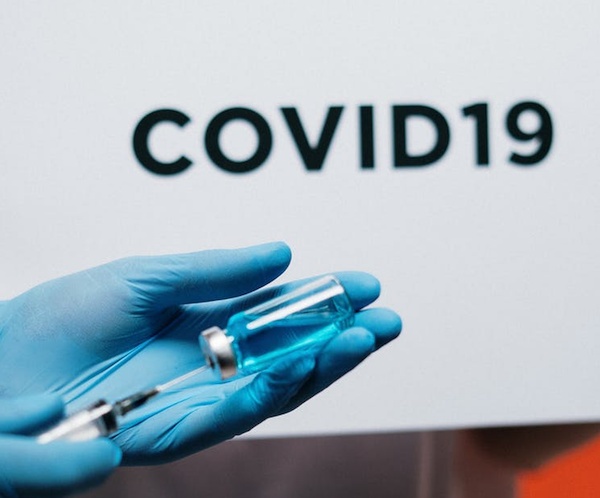
The Deputy Executive Director of the Christian Health Association of Ghana (CHAG), Dr James Duah, has implored the health system not to lose sight of the COVID-19 pandemic too soon.
He encouraged Ghanaians to continue to adhere to the COVID-19 protocol, stating that “there are still cases being recorded at the district level”.
“Coming from the field, we witnessed positive cases being recorded. Among them were severe cases in the Central Region,” Dr Duah said in an interview on the CHAG’s COVID-19 response and institutional capacity-building (CRIB) project.
CRIB project
The project is helping to mitigate the impact of COVID-19 in 40 districts where CHAG facilities are the designated district hospitals.
With funding from the Foreign, Commonwealth and Development Office (FCDO), CHAG has been complementing government’s COVID-19 response in 40 districts since July 2020.
The CRIB project sought to support the national response to the COVID-19, build institutional capacity to support the continuation of basic healthcare service and also to monitor and evaluate the impact of COVID-19 on health service delivery while sharing lessons learned about implementing COVID-19 response measures.
The 33-month project launched in 2020 also sought to support strengthening the country’s health systems to maintain the delivery of essential healthcare services and mobilising all available resources for quality COVID-19 response actions.
The project provided over GH¢6.0million direct funding to the beneficiary facilities for various activities, including, ICU beds and PPE. Equipment, including ventilators, monitors, ICU beds, and PPE were all provided to the facilities.
While the first two years focused on 39 districts in 15 out of the 16 regions, where CHAG facilities are the designated district hospitals, the remaining months sought to improve vaccine uptake in four selected regions and improve vaccine rates and quality of health services to vulnerable groups, including women, girls, children and people living with disabilities (PWD).
Capacity-building
Briefing the Daily Graphic on the report, Dr Duah explained that staff training and equipping facilities with logistics were an integral part of the CRIB project to strengthen health facilities to deliver essential services.
He hinted that a total of 6,998 health staff benefited from a training programme on case management, screening & triaging, COVID-19 testing, contact tracing, risk communication and others.
Those trained, Dr Duah said, were from the Christian Health Association of Ghana (CHAG), the Ghana Health Service (GHS) and quasi government facilities in 39 districts, where the CHAG implemented the CRIB project.
Partnerships
He said there was a wide multi-stakeholder involvement in planning and implementation through the District Health Executive (DHE) platforms, “a situation that deepened partnerships at the local level and elicited direct involvement of district directors of health services in the activities of CHAG facilities.
“The project addressed logistical and financial challenges by directly releasing funds, equipment and PPE in volume and value.
“These supported the establishment of High Dependency Units (HDUs) that were hitherto not available in the CHAG nor the districts in which they were set up. There were also 40 isolation units that were set up,” Dr Duah added.
Case management
The Deputy Executive Director said together with the COVID-19 testing that was extended to the district level, the project facilitated containment, case finding and case management.
“These, together with the nearly 7,000 health professionals who were trained and the logistical supplies, allowed the beneficiary facilities to continuously provide health services to their communities,” Dr Duah stated.
That, he said, had, to some extent, shifted service utilisation closer to the people with outpatient utilisation increasing from 50 to 52.7 per cent at the sub-district level.
“In no small way, the project contributed to reducing maternal mortality by nearly 58 per cent in two years,” he said and added that the facilities also improved in delivery of quality of health services evidenced by the increased average SafeCare rating from an average of level two at baseline to level three.





